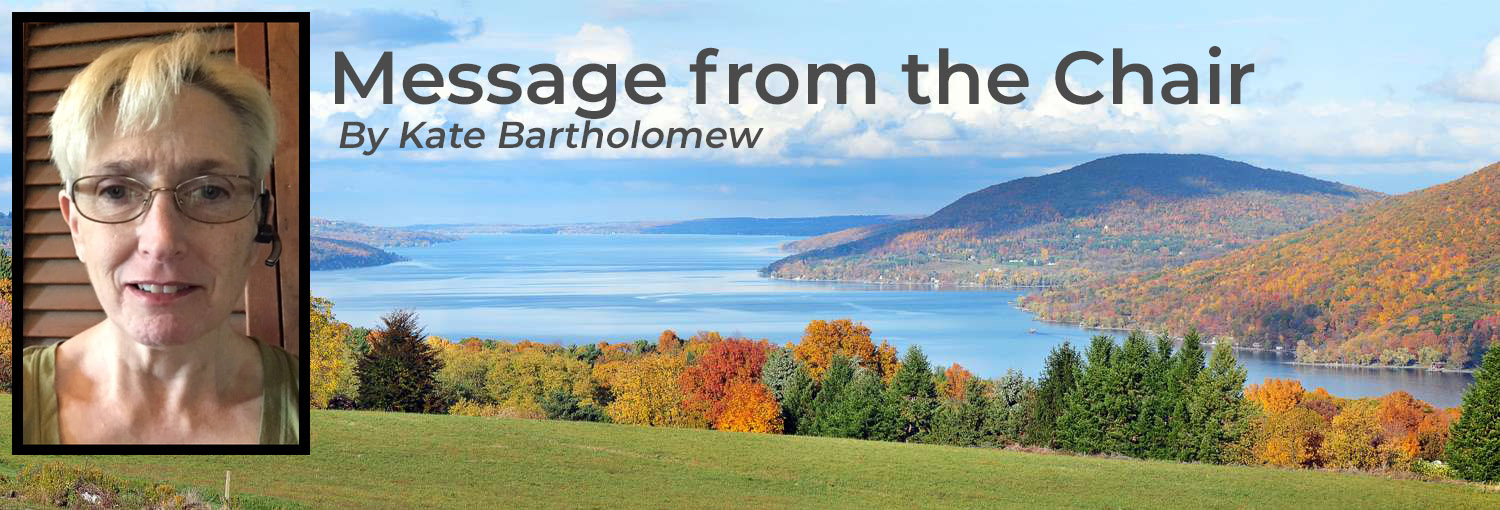February 9, 2021

Let Us Be the Root
Welcome to 2021. Five weeks ago, this would have been a much different article. Five weeks ago we all knew there was immense work ahead of us to undo the legacy of four years of utterly devastating and demoralizing environmental and social justice backsliding and disregard. We knew we would again be faced with the seemingly Sisyphean task of countering pseudoscience, propaganda and modern mythologies with fact-based, data-driven and supported findings — but this time there would be those in the halls of power capable and willing to distinguish between the two lines of discourse and judge the validity of one over the other. In short, there was an expanding swell of, I don’t want to say hope, because that is too optimistic, but perhaps the ability to breathe deeply again without dread.
And then January 6th dawned. I don’t wish to legitimize or lend credibility to the actions of those who stormed the nation’s Capitol by including that event in this article, but it must be taken into account because it is a violent glaring symptom of a sleeping leviathan that must be addressed if we are to unite to stop Climate Change (or, more accurately, Climate Disruption), tackle the organically evolving COVID-19 pandemic and transition to a sustainable future.
What I saw on January 6th was horrific and something I thought I would never see in our country, but I also saw a great deal of anger and pain — not in the hardcore far-right extremists who took advantage of the rally-turned-insurrection for their own agendas — but from a number of regular citizens who, in their depression and vulnerability and search to be heard, turned to conspiracy groups and a President whose lies seemed to speak to their needs. I saw a throng of outraged, angry, manipulated and misled Americans. And, yes, they were and are dangerous. But it’s even more dangerous if we don’t try to recognize and understand what led them to this moment, because they are our neighbors, our family, our local small business people, our teachers, our healthcare workers, our out-of-work laborers whose jobs were outsourced to other countries: they are Americans too.
Bill Bishop’s book The Big Sort posited the theory that the clustering of people with similar mindsets into geographic or cultural groups was destroying America. A more recent expression of the same concept had individuals naturally aligning themselves into like-minded “tribes” (cultural misappropriation obviously not being high on the sensitivity spectrum of the marketing gurus who co-opted the phrase). Social media does it; environmental groups do it; we do it — we end up sharing information within the closed context of our own or other like-minded groups or organizations. The result is a fractured, cacophonously-discordant interpersonal space where even those who technically speak the same language may be fundamentally incapable of cogent communication.
I recently completed a four-part workshop offered by Sierra Club National titled “Facilitating Conversations for Collective Liberation,” the intent of which was to assist participants in being more effective facilitators by moving groups and individuals through conversations about white privilege, racial bias, implicit bias, microaggressions and systemic racism. Many of the conversations were, are and will be uncomfortable and challenging — but that’s absolutely necessary and expected. That’s the point. Any change, evolution and growth is and should be challenging. We all left the workshops acknowledging that this evolution and growth is a lifelong, continuing process.
And is meeting the crisis excruciatingly revealed on January 6th really that different than the topic of my four-part workshop? After reading White Fragility by Robin DiAngelo, I see having frank and open discussions about the groups represented by people storming the Capitol and their delusional ideologies as the flip side of the coin. Until we can bridge the gaps generated by the Big Sort and establish meaningful communication among all communities (no matter how disenfranchised or deluded)— among all tribes — in America, any lasting work on Climate Disruption, solving the conundrum posed by the emerging COVID-19 threat or toward a sustainable, renewable energy future will be just as vulnerable as prior gains were to the vicissitudes of electoral politics and alternate truths.
Please don’t think I am hopelessly naive in my writing — I am well aware of the other forces at play in this drama: corporate personhood, media biases, lobbyists, politicians, power brokers and the like. The list is legion. But I also know that the most basic communication boils down to two individuals sharing something in common with one another. That is the root. From that can be grown more roots, trunks, branches, stems and leaves — a whole world of possibility.
At the risk of being accused of having a pop culture addiction, I will conclude by quoting from one of my favorite recent Marvel movies lines spoken by a young black artist who left us much too soon:
“Now, more than ever, the illusions of division threaten our very existence. We all know the truth: more connects us than separates us. But, in times of crisis, the wise build bridges: the foolish build barriers. We must find a way to look after one another as if we were all one single tribe.”
~ Chadwick Boseman as King T’Challa of Wakanda in Black Panther